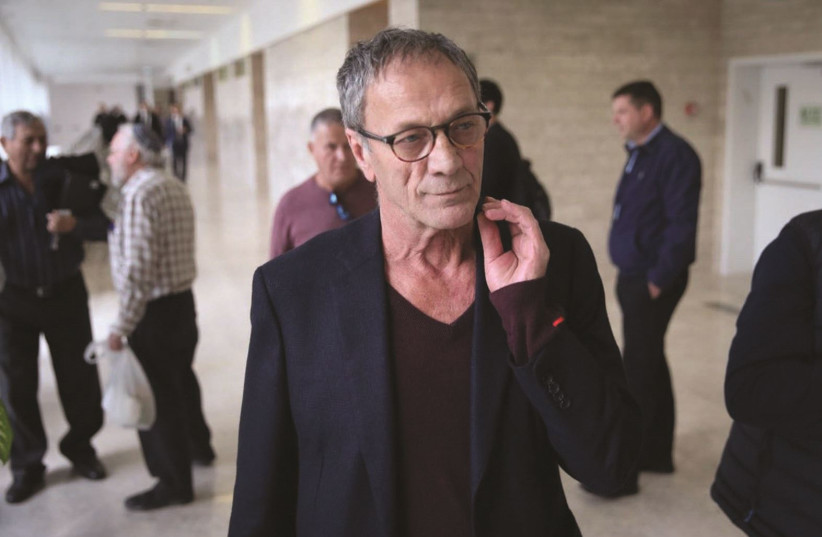The Supreme Court on Wednesday issued a final ruling permanently barring the documentary Jenin Jenin from being screened in Israel.
The film has caused controversy dating back to the Second Intifada in 2002 when it was created to present Israel’s operation against Palestinian terror in Jenin that year in a negative light.
At the time, Israeli critics said that the IDF had committed a massacre in Jenin, whereas the IDF pointed to deaths on both the Israeli and Palestinian sides in hotly contested battles to show that the film was false or highly misleading.
The ruling by a vote of 2-1, with Justices Alex Stein and David Mintz in the majority and Justice Yitzhak Amit dissenting, in some ways reverses the outcome of multiple earlier rulings on the documentary by the Supreme Court.
In two prior but somewhat different lawsuits, the Supreme Court allowed the movie to continue to be screened, either because the objection to its screening was too vague and ran up against free speech principles or because the group of specific plaintiffs suing for defamation was not actually visible in the movie.

Besides the current panel being more conservative than prior panels, the current plaintiff who sued for defamation was also visible for four seconds during the film.
Lod District Court rules in favor of the plaintiff
This difference led to the Lod District Court ruling in January 2021 in favor of the plaintiff and former IDF Lt.-Col. Nissim Meganji, awarding him NIS 175,000 as compensation for defamation against Israeli-Arab film director and actor Mohammad Bakri.
Bakri appealed to the Supreme Court claiming that Meganjii’s claim was barred by the statute of limitations either because he waited too long to sue him or because the last screenings of the film in Israel were back in 2010-2012.
Meganjii did not sue Bakri until 2016, which normally would mean he waited too long to sue.
However, a majority of the justices said that Bakri caused the film to be posted on YouTube which created a situation of ongoing and indefinite defamation.
In contrast, Justice Amit said that it could not be proven that Bakri was responsible for posting the movie on YouTube.
Further, Justice Amit in his dissent said that since Meganjii only appeared for four seconds of an over 50-minute documentary, that Bakri should have been allowed to continue to screen the film provided he edit out those four seconds.
Ultimately, Justice Amit’s different rulings in dissent led him to find that Meganjii also should only have been fined NIS 100,000 relating back to the 2010-2012 screenings and not the YouTube post.
Despite the ruling banning its physical screening, the district court did not order the film’s removal from YouTube in Israel, Meganjii did not appeal on that issue and so the Supreme Court did not intervene.
Both the district and Supreme Courts found that the film was highly misleading and that Bakri had not attempted to fact-check the Palestinian narrative that he presented in general, or regarding Meganjii in particular.
